Advertisement
You’re sharing your bed with dust mites, bacteria and lots of dead skin
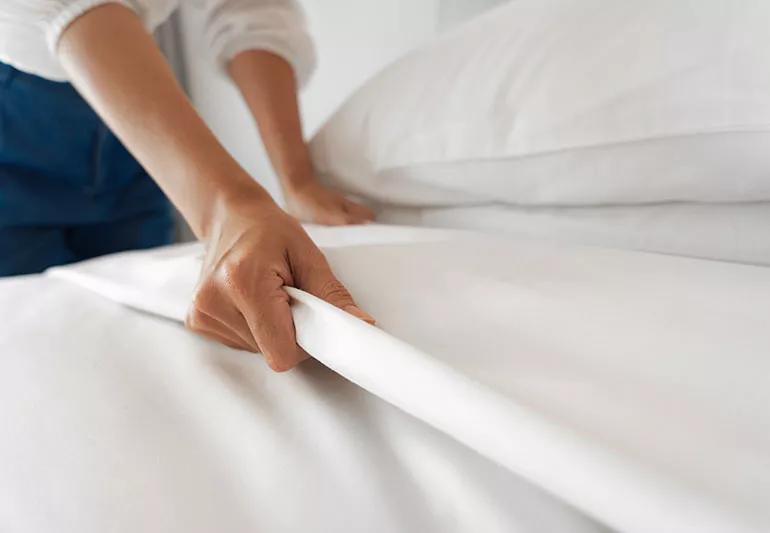
If changing your bed sheets is at the bottom of your household chore list (you know, right along with matching socks and scrubbing the shower’s grout), consider this: You’re not sleeping alone. Joining you in bed are countless dust mites and bacteria, not to mention lots and lots of your own dead skin.
Advertisement
Cleveland Clinic is a non-profit academic medical center. Advertising on our site helps support our mission. We do not endorse non-Cleveland Clinic products or services. Policy
Dermatologist Alok Vij, MD, says you should wash your sheets at least every two weeks — maybe more, depending on factors like whether you live in a warm climate and whether your pet sleeps in your bed.
Dr. Vij talks dead skin, dust mites, bed bacteria and how to keep your skin safe when you lie down to sleep.
Even when you think you’re sleeping alone, you’re actually joined by an array of strange bedfellows that are invisible to the naked eye — and they can cause skin problems like rashes and eczema, not to mention asthma and allergies.
Here’s a look at what else is in bed with you, and what issues they can cause.
Rolling around in your own discarded skin, anyone?
According to Dr. Vij, the average person sheds a gram and a half of keratinocytes (largely made up of the protein keratin) daily. Visually speaking, that’s almost half a teaspoon full of dead skin.
“Any kind of friction will chafe off the outer layer of your skin cells,” he explains, “so, a lot of it is shed when you’re making contact with your sheets in your bed at night.”
When dead skin cells are left to rest in your sheets, bacteria thrive. These skin cells act as a breeding ground for bacteria to make themselves at home on your sheets, mattress and pillows.
“Bacteria love skin so much that there are actually more bacterial organisms in our bodies than our own cells,” Dr. Vij says. And the skin is one of bacteria’s most commonly inhabited areas.
Advertisement
Dust mites are too small to be seen by the naked eye, but they live on every continent on Earth except Antarctica. These teeny-tiny, eight-legged critters are relatives of the spider, and they feed on dead skin cells — your dead skin cells.
As many as 1 million dust mites can feast on the dead skin you produce in a mere day. They don’t bite, like bed bugs do (in fact, they don’t even have teeth or mouths), and they don’t burrow under your skin, like scabies do, but they can still cause you some unwanted health issues (more about that in a minute).
If you let your cat or dog sleep in the bed, take note: Your four-legged friends are also harbors for fungal organisms that can cause skin issues in humans.
These include simple infections like ringworm, as well as more aggressive infestations such as scabies, which are caused by mites that can live on dogs and be transmitted to people.
“There are a number of other parasites, too, that can be transferred from pet to pet parent, so make sure you’re washing your sheets often,” Dr. Vij advises.
Other icky stuff in bed with you may include:
Advertisement
All of these give bacteria more excuses to survive and thrive, all while you’re getting a good night’s sleep in their midst.
You might not mind sharing your sleeping spot with itty-bitty bedmates, but they can still present a variety of problems.
Good news: Your other bedding isn’t as high-maintenance as your begging-to-be-washed sheets.
“Blankets and pillows don’t need to be washed as frequently,” Dr. Vij states, “but skin cells, bacteria and dust mites can definitely travel and live on your pillow or in your blanket, so make sure they’re part of your cleaning rotation.”
For those items, every six months or so should do the trick. And if your kids sleep with blankies or stuffed animals, make sure you add them to your to-wash list, too, as they can be hotbeds for dust mites and bacteria.
If you sleep alone, don’t have pets and live in a climate-controlled home, you can probably get away with washing your sheets every two weeks. But some people should wash them more often — like, once a week.
You should consider changing your sheets on a weekly basis if you:
Advertisement
Ultimately, Dr. Vij says the risk of getting a bad bacterial infection under your skin is pretty low. “Still,” he continues, “it’s a good idea to practice good bed linen hygiene so your bacterial ecosystem doesn’t get out of whack.”
Here are some tips for keeping your bed clean:
And if possible, try not to think about it as a chore. It always feels great to slide into clean sheets, and washing them has another substantial upside, too.
“The washing process fluffs your pillow and distributes your blanket’s filling more evenly,” Dr. Vij says. “That’s helpful for making your pillows and blankets as comfortable as possible for their whole life.”
Advertisement
Learn more about our editorial process.
Advertisement
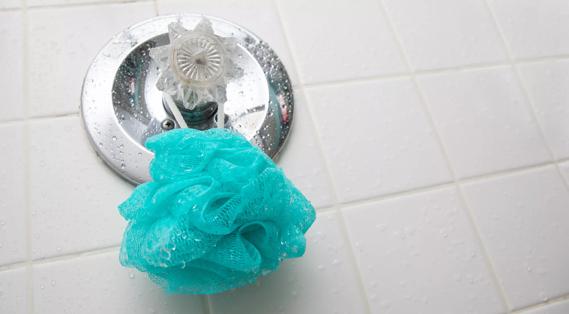
This puffy shower accessory can become lodged with skin cells (and other gross things), so make sure you dry it daily and clean it once a week
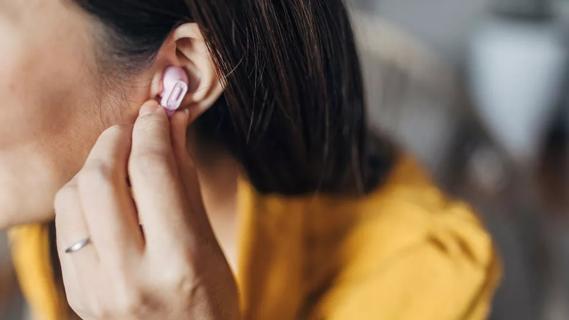
Care for your ears by steering clear of cotton swabs, taking precautions in loud settings and seeking medical help when needed

Leaving footwear on invites germs, bacteria, toxins and other unwanted guests into your home
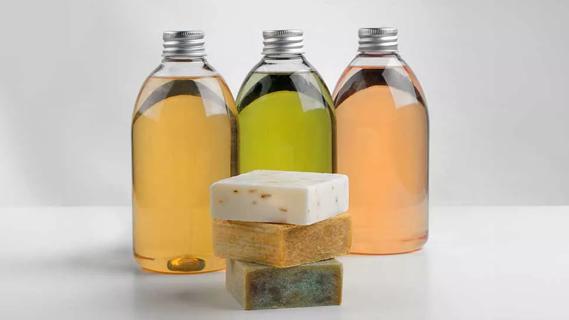
This olive oil-based soap is generally mild and safe when diluted
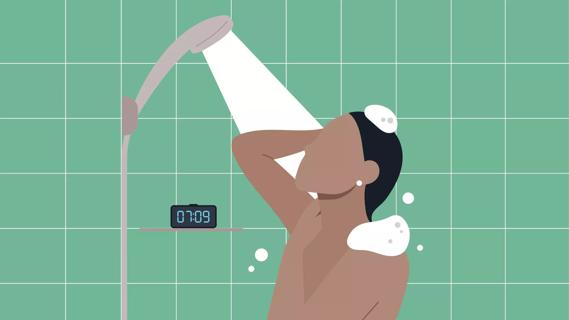
It’s a wash — when you bathe is a personal preference
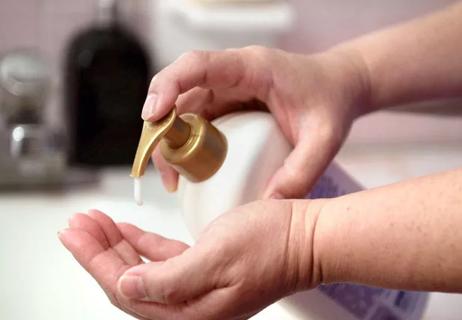
Try turning the heat down on the water and opting for a moisturizing soap

Research doesn’t show a link between the personal hygiene product and breast cancer
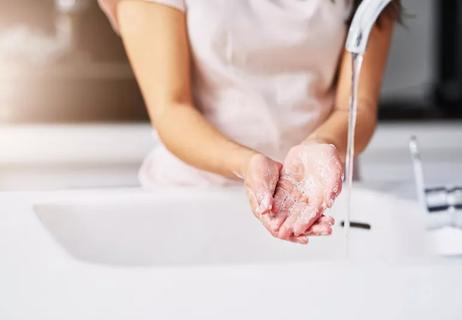
Technique matters — and research suggests most of us still aren’t doing it right

Focus on your body’s metabolic set point by eating healthy foods, making exercise a part of your routine and reducing stress

PFAS chemicals may make life easier — but they aren’t always so easy on the human body

While there’s little risk in trying this hair care treatment, there isn’t much science to back up the claims